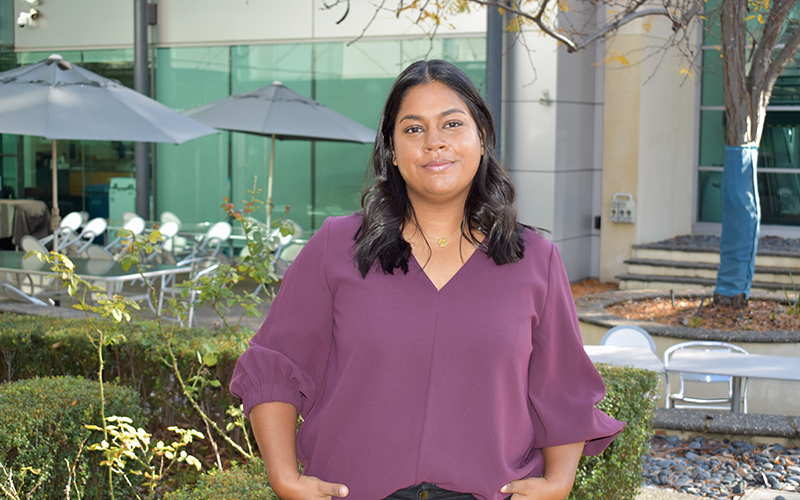Western Australian Health funding supports development of new mental health digital tool for autism families: A co-designed digital tool to address anxiety concerns for children on the autism spectrum is set to be developed and trialled in Western Australia, thanks to support from the WA Government’s Future Health Research and Innovation Fund (FHRIF).

Pictured: Dr Gail Alvares
A co-designed digital tool to address anxiety concerns for children on the autism spectrum is set to be developed and trialled in Western Australia, thanks to support from the WA Government’s Future Health Research and Innovation Fund (FHRIF).
Telethon Kids Institute and The University of Western Australia autism researcher Dr Gail Alvares has been awarded a FHRIF Translation Fellowship to lead the innovative mental health project, which will aim to transform early anxiety intervention for children diagnosed with autism and their families.
Dr Alvares, whose recent research called for the term ‘high-functioning autism’ to be abandoned, said mental health conditions such as anxiety frequently co-occurred with autism, and for many individuals, impairing anxiety symptoms were experienced during childhood.
She said this project aimed to develop, in partnership with the autism community, a world-first digital mental health platform for autistic children experiencing anxiety. The tool would help to remove some of the barriers young people faced accessing mental healthcare in Australia, she said.“Anxiety in childhood significantly impacts wellbeing, quality of life, may limit participation in education and employment opportunities, and can be associated with depression,” Dr Alvares, a Senior Research Fellow at Telethon Kids’ CliniKids, said.
More than 40 percent of children diagnosed with autism experience debilitating anxiety but often these families struggle to get the support they need due to a lack of accessible autism-informed service providers and affordability.
“Autistic people and their families repeatedly rank research into reducing anxiety and improving mental health outcomes as the most urgent priority, and this project directly addresses the community-informed need.”
Dr Alvares said the digital tool would allow caregivers to develop strategies to reduce their child’s anxiety that could be as effective as in-person care. “Digital technology represents a unique solution to barriers accessing healthcare, due to accessibility, cost-efficacy, and its large presence in everyday lives,” Dr Alvares said.
“A digital health intervention offers the potential opportunity for these children and families to engage with evidence-based mental health supports that could reduce or even prevent long-term disability when delivered early.
“This intervention will directly address anxiety concerns during a critical period of development, alleviate demand on in-person mental healthcare professionals, and diffuse burden on the WA health system.”
Article first published by Telethon Kids Institute.
- Gut microbiome could delay onset of type 1 diabetes - 3rd April 2025
- The da Vinci 5 Robot Is Set To Transform Bariatric Care: - 31st March 2025
- Beyond money: the hidden drivers fuelling child food insecurity - 31st March 2025






